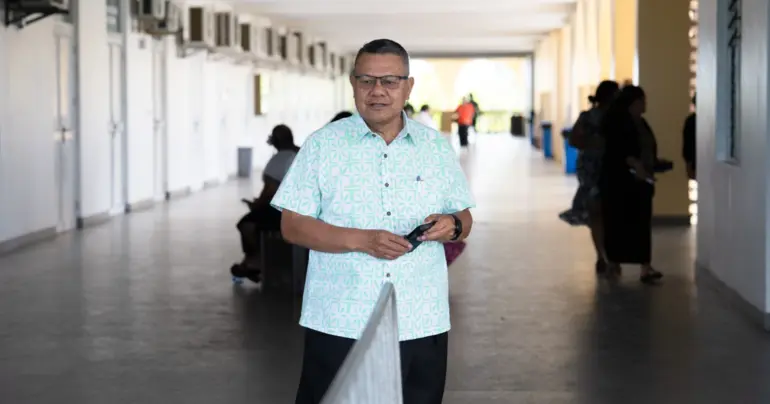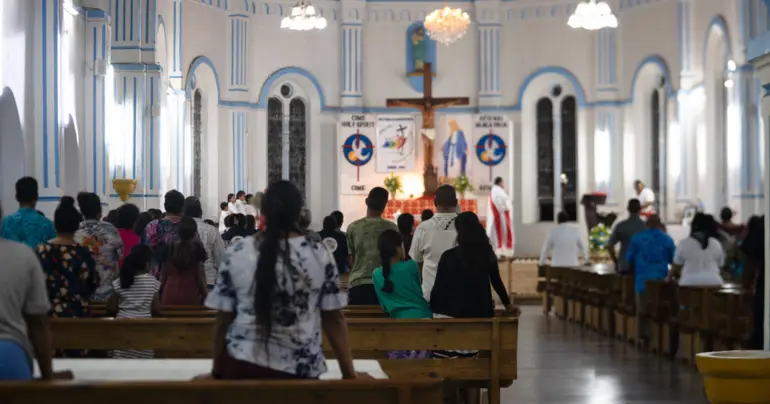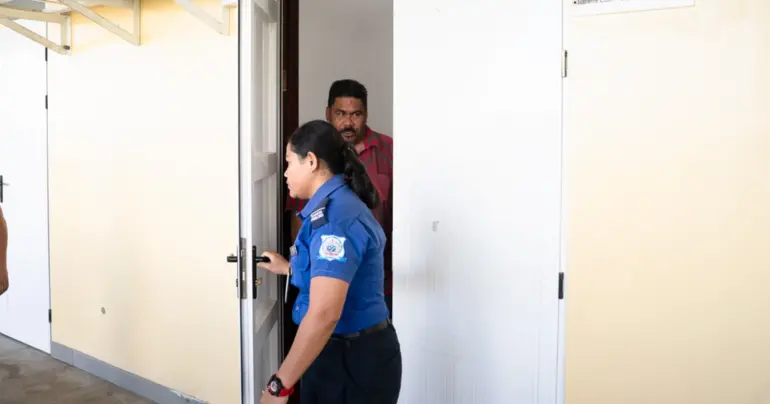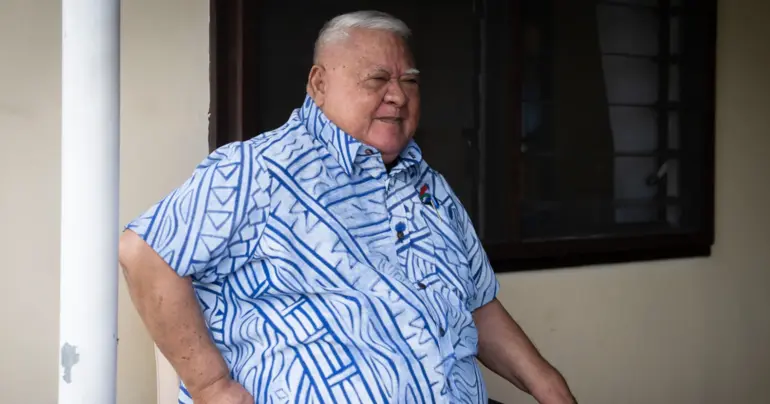Ministry's call for paraquat ban applauded
The Government's move to announce that a ban on the weed killer paraquat is imminent has been welcomed by bodies calling for a ban on the hazardous chemical.
The Ministry of National Resources and Environment (M.N.R.E.) Assistant Chief Executive Officer made a call to list paraquat in Article 3 of the Rotterdam Convention as a banned product with possible steps being taken to introduce a complete ban in Samoa.
In a joint statement issued on Saturday by the Animal Protection Society (A.P.S.) President Johanna Coyle, an independent consultant Caroline Sinavaiana Gabbard, and Samoa Women’s Association of Growers Secretary, Papali’i Suisala Maualaivao have welcomed and described the development as a positive move.
“On behalf of the ‘Ban Paraquat in Samoa’ Committee (B.P.S.), we congratulate Samoa’s Ministry of National Resources and Environment (MNRE) on their historic announcement regarding Samoa’s effort currently underway in reviewing the paraquat situation in our country for a potential total ban of paraquat in Samoa, at a recent UN global Conference in Geneva, Switzerland," the statement reads.
"Once again, this is to ensure an environmentally sound management of chemicals to protect our island’s environment and human health.”
In August 2020 when calls increased for a nationwide ban – after the non-profit organisation A.P.S. reported an alarming increase in dog poisoning cases dating back to May of that year – the C.E.O. of the Ministry of Agriculture and Fisheries, Tilafono David Hunter said those pushing for the ban should provide evidence of the dangers of paraquat to animals.
The S.C.S. said in their statement that science has shown that chronic exposure to paraquat increases the risk of developing Parkinson’s disease by 200 to 600 per cent.
“Because we fully appreciate the central roles played by agriculture, healthy farms, rural communities, and sustainable livelihoods in a robust national economy, our fundamental concern lies with identifying and securing safer, more viable alternatives to paraquat,” said the statement.
The Ministry's Committee is looking into safer replacement options for weed control, such as Diuron, Amine, and Valpar, now being used successfully in Fiji.
The B.P.S. said last year it submitted "both official and unofficial requests" to the relevant Samoa Government ministries for basic data on paraquat use in Samoa as well as its impacts on public health and environmental sustainability, together with information on oversight and monitoring of compliance and enforcement of regulations, including health surveillance.
"Unfortunately, those requests were largely ignored. Therefore, we now publicly request the long-delayed report on the Government's review of Paraquat use in our country," the B.P.S. statement reads.
“As we confront today’s unparalleled challenges of climate and environmental catastrophe, our deepest hope is that Samoa can summon the wisdom and political will to join with Fiji and the ever-growing community of nations who have chosen the path of scientific evidence by banning Paraquat in favour of safer alternatives."
"We stand at a historical crossroads. The course we choose now will determine the future health of our people, lands, animal life, and natural resources for generations to come.”











